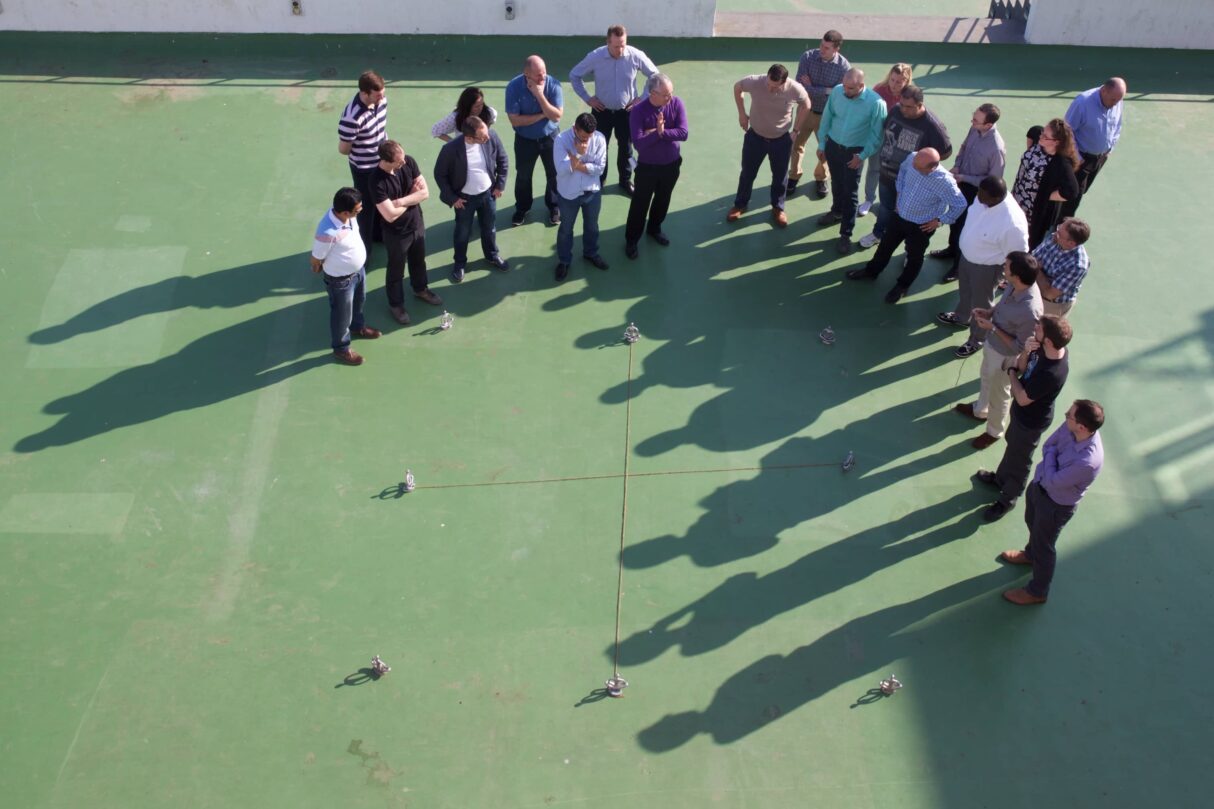Resilience. It is the buzzword of the modern workplace, the trait that every job description and leadership seminar promote as essential. But what does it really mean to be resilient? And is it truly the magic ingredient for success in both our personal and professional lives? Let’s explore what resilience demands, how it benefits us, and why it might not be enough.
What is Resilience Really About?
Resilience is often described as the ability to ‘bounce back’ from adversity – to endure, recover, and keep going. Does this imply that resilience is purely reactive? Are we just bracing ourselves for impact and hunkering down until the storm passes?
The problem with this perspective is that it positions resilience as a defensive state. Yes, resilience can help us survive challenges, but survival isn’t the same as thriving. In a world where change is constant, shouldn’t we aim for something more proactive and dynamic?
Why Do We Need Resilience in the Workplace?
The modern workplace is a rapid pace of change – mergers, restructures, technological advancements, and market shifts are the norm. Without resilience, employees can quickly become overwhelmed, leading to burnout, disengagement, and reduced performance.
Resilient workers bring value to businesses because they can adapt to change, stay focused under pressure, and inspire others by fostering a collaborative environment. However, resilience alone isn’t enough. Businesses don’t just need employees who can ‘get through’ change – they need employees who can anticipate, innovate, and take initiative.
Resilience vs. Prescience: A Different Perspective
Imagine a workplace where employees don’t just react to change but anticipate it. Where teams don’t merely endure challenges but leverage them as opportunities. This mindset shift from resilient to prescience – the ability to foresee and prepare for what’s ahead – is where real progress happens.
Resilience can serve as the foundation, but prescience builds the structure. It’s not about waiting for disruption and then enduring it; it’s about scanning the horizon, spotting trends, and positioning ourselves and our businesses to lead the charge.
How to Cultivate Resilience and Beyond
- The Role of Difficult Conversations: Being resilient also means having the courage to engage in difficult conversations, whether it’s giving or receiving feedback. The DCo approach, rooted in candour, emphasises clarity and openness, which are crucial for growth and adaptability. By addressing challenges head-on and fostering honest dialogue, individuals and teams build trust and resilience, creating a foundation for progress.
- Embrace Change as Growth: Rather than fearing disruption, see it as a chance to grow. Ask yourself: “What can I learn from this?” or “How can I turn this challenge into an opportunity?”
- Build Mental Toughness: Resilience requires emotional regulation, self-awareness, and the ability to stay calm under pressure. Practices like mindfulness, journaling, and even physical exercise can strengthen these skills.
- Foster Supportive Relationships: No one is resilient in isolation. Lean on your network, whether it is colleagues, friends, or family. Collaboration and shared problem-solving amplify resilience.
- Develop Forward-Thinking Skills: Move beyond reacting to events by honing critical thinking, strategic planning, and adaptability. These skills can transform you into a proactive force in your workplace and life.
Why Businesses Need Resilient Cultures
A resilient business isn’t just one that weathers storms; it thrives in uncertainty. It will adapt quickly to market changes, empower employees to innovate and take calculated risks, and it fosters a culture of learning and growth. By encouraging resilience at every level – from leadership to entry-level employees – organisations can create environments where adaptability and innovation flourish.
Thriving Through Resilience
Resilience isn’t just about bouncing back – it’s about bouncing forward. It’s not about embracing for impact but preparing to act. By embracing resilience and coupling it with prescience, we can face life’s inevitable challenges not just with endurance but with enthusiasm.
At DCo, we align with these principles by positively disrupting the status quo to create maximum impact through training. We challenge individuals to step out of their comfort zones, fostering growth and ensuring they take their development back into their workplaces. With a candour-driven approach, we encourage open, honest conversations that lead to real progress. By pushing boundaries and encouraging proactive thinking, DCo helps individuals and teams reach their full potential. So ask yourself: Are you simply surviving, or are you thriving? Contact us today to find out how we can help create a new resilience for your team.

